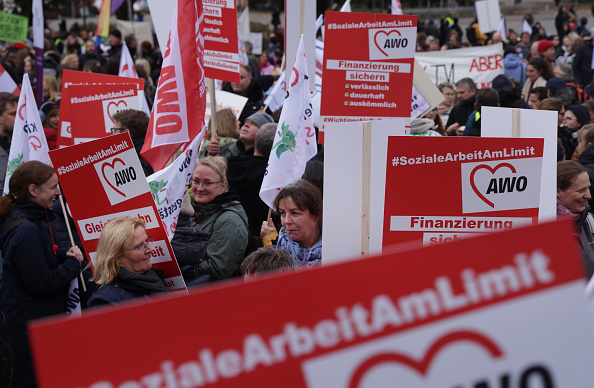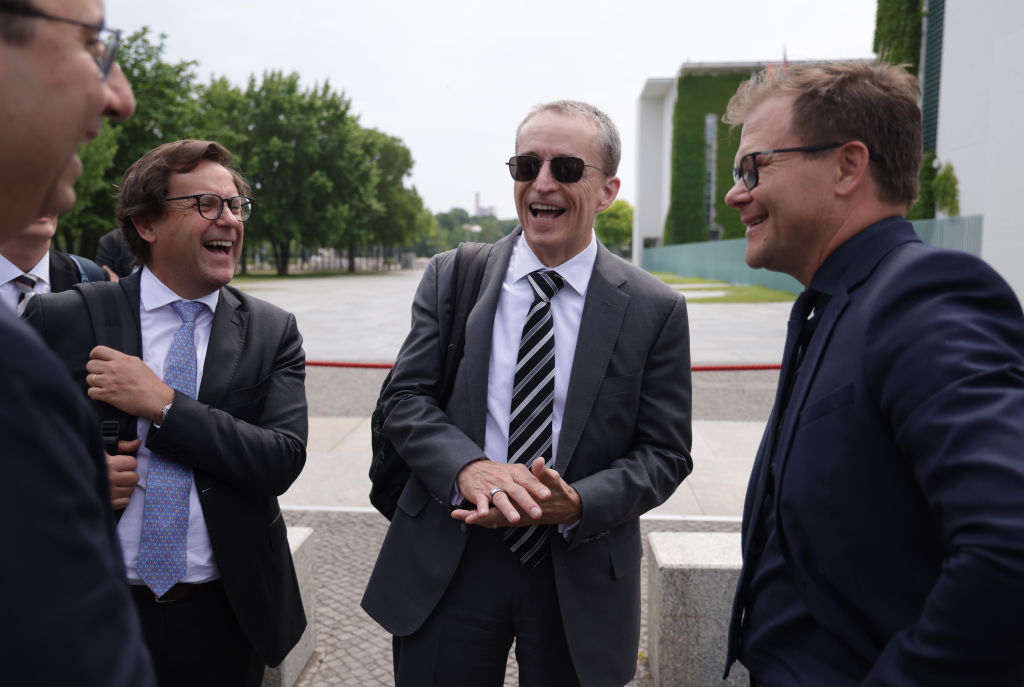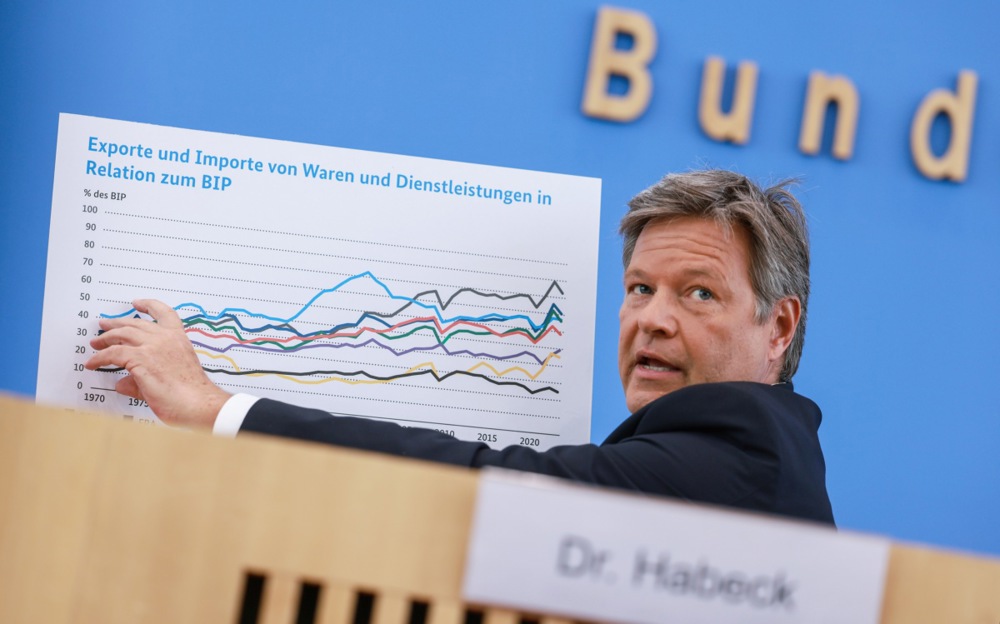Germany has contributed the record sum of € 11.8 billion for the fight against climate change in other countries last year.
This was announced by the Federal Ministries for the Environment and for Development in Berlin in a joint statement yesterday.
Development minister Reem Alabali Radovan (Social Democratic Party, SPD) said: “Even in difficult times, Germany stands by the global south. Climate change affects everyone. It knows no borders.
“That is why we must invest jointly in climate protection worldwide, using both public and private funds. Germany has led the way here with a new record sum.”
Entrepreneur Rainer Zitelmann wrote on X yesterday: “What the government does with our money is simply outrageous … Politicians in the so-called Global South have learned how to fleece taxpayers in developed countries. They just change the labels: It used to be called development aid, now it’s climate aid.
“And no one else in the world pays as much as we Germans do.”
Not everyone is sharing the politicians’ enthusiastic joy. Alice Weidel, leader of the opposition Alternative for Germany party (AfD) accused the government of “skewed priorities”.
She noted that at the same time the ruling Christian Democratic Union-Social Democratic Party (CDU-SPD) coalition was hailing its record spending for climate financing abroad, it was planning to cut care allowances to hundreds of thousands of handicapped Germans.
About €6.1 billion, half of the record sum, was contributed by German taxpayers – who may soon be paying even higher taxes as the country is facing a record budget deficit.
Another €4.6 billion came in the form of loans from Germany’s State-owned development bank KfW with “private investors” bringing up another €1.1 billion.
According to the ministries, the money is used to support development and emerging countries both in the fight against and the adaptation to climate change.
The funds are used to expand renewable energies, to implement measures to adapt agriculture to droughts and floods, and to protect forests and moors.
The concrete projects financed with German money are hard to find, but the development ministry offers a glimpse on its website.
In the North African country of Mali Germany is financing the “National Programme for Small-Scale Irrigation”, which was launched by the then-Malian government in 2012 and has received more than €200 million in international subsidies since.
In Kenya and Senegal, the ministry is paying €13 million for a programme to supply locals with better stoves to curb the climate-unfriendly burning of wood for cooking purposes.
The project is also supported by the Green Climate Fund, a United Nations fund for climate financing to which Germany will contribute €2 billion between 2024 and 2027.





